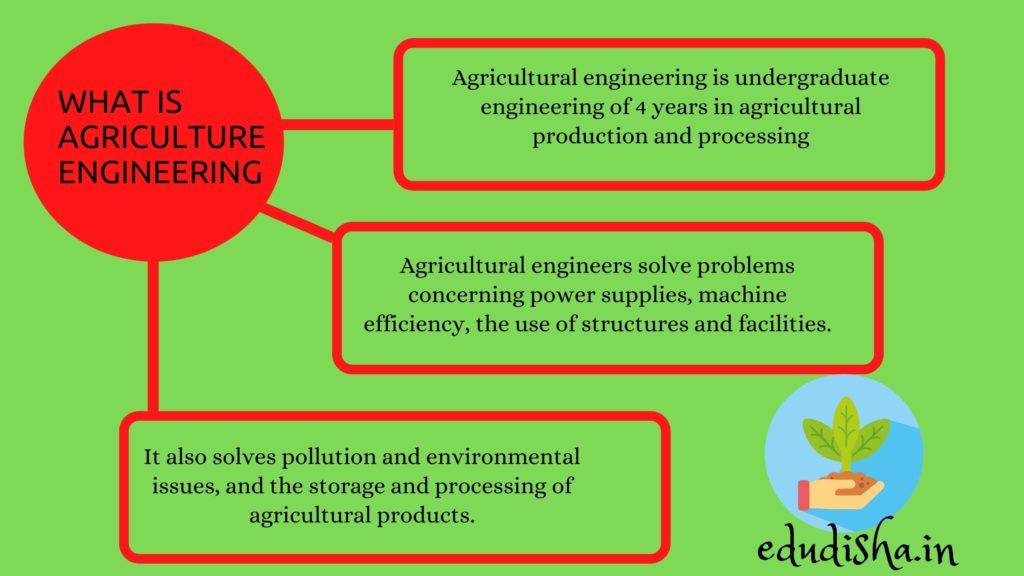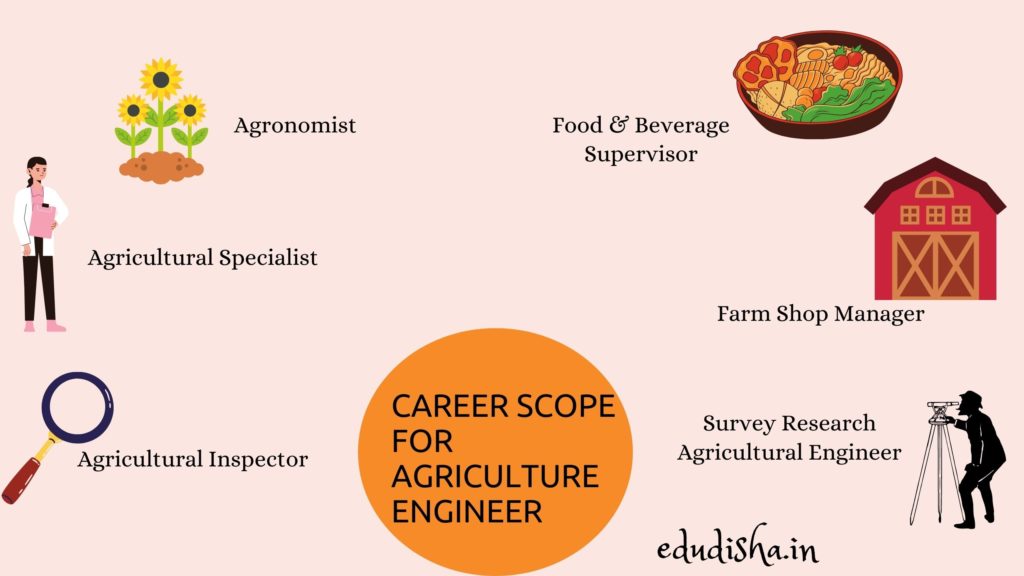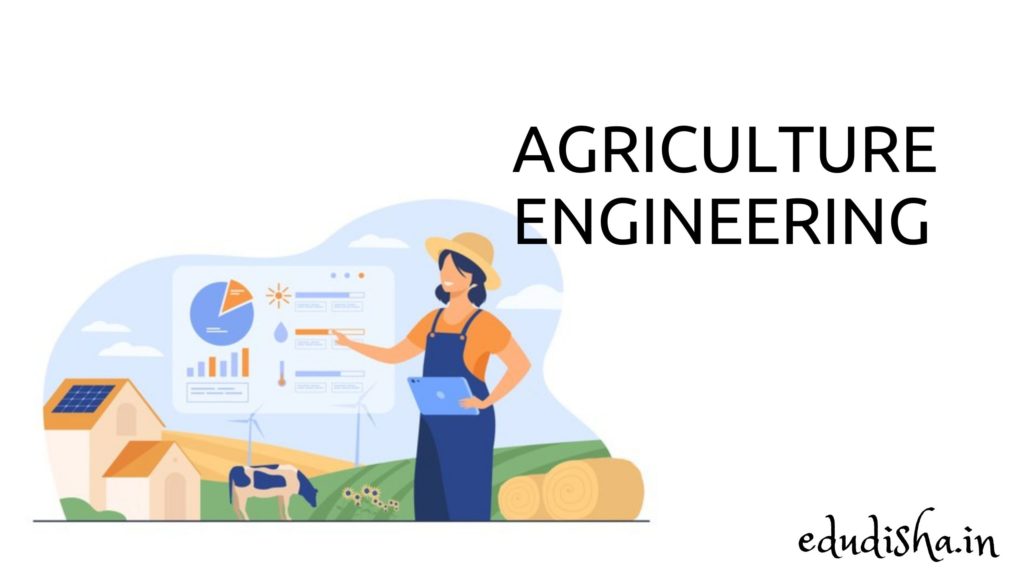When we say engineering, what all departments come into our brain? It is either mechanical, civil, computer science, electrical, and lastly electronics and communication engineering. This is our scope limited too. We don’t go beyond this and research. But, for this, we cannot even blame anyone. Our parents have limited their boundaries, which they taught us and which they learned from their parents.
This is a pass on the game from one generation to the next. But now we need to change. Not only for ourselves but also for our coming generation. Thinking about what’s beyond us and set them as our goals.
Today, the term engineering is associated with many departments including agriculture as well. Yes, you heard that right. Agriculture engineering is the new trendsetter among the young graduates, and why not? it should be.
So, today we will be going to discuss the scope, employment, colleges, fee structure involved, salaries and packages, syllabus, and a lot more regarding this field. So, stay tuned till the end of this article as this will surely clear all your doubts.
To start, we should know what is B. tech in agriculture engineering.
What is Agricultural Engineering?
Agriculture engineering is undergraduate engineering of 4 years in agricultural production and processing. It involves various disciplines such as chemical, food science, civil, electrical, along with the agricultural principles to combine it with modern technology.
The main aim of this subject is to improve the sustainability and efficiency of multiple agricultural practices. Now, knowing what it means we shall move ahead to discuss the above said above-said one by one and finally draw a conclusion.

Syllabus and education qualification
To pursue B. tech in the agricultural sector, you need to have PCM/ PCB that is physics, chemistry, mathematics or physics, chemistry, biology as the stream in class 11-12 and pass from a well-known board. Where you need to get at least 50 % as the aggregate percentage.
Many colleges may give you admission based on your class 12 percentage, while some renowned colleges may take up an admission test. You may also get the seat based on marks obtained by you in the JEE mains as well.
Read Also: BSc in Agriculture: Meaning, Syllabus & Job Opportunities
Now, after opting for this as your undergraduate program you need to know about the syllabus and another topic. The main subject matters revolve around physics, chemistry, mathematics, horticulture, social mechanics, the science of soils, and some agricultural processing technology. During the final year, you need to do projects and internships as well.
Colleges and fee’s structure
Taking about fee structure for agriculture engineering, well it depends upon the type of college you choose that is government or private. But usually, it ranges from 55 thousand to 2 lakhs nearly. This is an approximate value, but not guaranteed. As the fees can get hiked than what we think.
Read Also: BCA: Meaning, Courses and Job Opportunities
Colleges and universities such as Indian Institute of Technology (IIT) Chennai, Kanpur, Bangalore, Roorkee, Integral University, GIET University, Sharda University, OPJS University, The Institutes of Engineering India, Hindustan college of engineering and technology, etc. offer this degree in agricultural. So, your move worth to you and your parents.
Scope and employment
Coming to the scope, implying what we will be doing after graduating with his degree is the question of many. Well, the answer to this is you can opt as an agriculture engineering, microbiologist, project manager, research analyst, agronomist, soil and plant scientist, professor, AFO, head green keepers, and many more.
However, the job packages may differ on what you choose as your profession. But believe me, this field has a lot of scope in India. the average job package offering ranges between 5 to 7 lakhs per annum. And this will go up with your experience and hard work.

Conclusion
This field has numerous opportunities opened for you even in the banking sector as well. But what you need to do is study harder and harder. Make worth of every penny you invest. As not everyone is an Einstein but can try enough to lead a wholesome life. Nevertheless, you have to choose what’s best for you and if you pick this, I assure you that you won’t regret it.
